
Jason Posel
Founder & CEO, Greenlight.ai
Share this episode!
Subscribe to Human Cloud Podcast
Episode Overview
Leaders,
Jason Posel, Founder & CEO of Greenlight.ai, is a recognized leader in the Future of Work. He is an expert in managing contingent workforce payroll programs and associated contractor classification, tax, and labor law issues. This conversation explores the topic of worker classification and its impact on the freelance economy and provides timely insights into the potential impact of the recent updates by the U.S. Department of Labor on worker classification. Risk of misclassification is by far one of the leading blockers for freelance adoption, at scale, due to the massive implications of not getting this right. Jason emphasizes the need for a robust process to evaluate and engage contractors and helps companies adapt to these changes, ensuring compliance and fostering a fair and transparent work environment.
Takeaways
Having a robust process to evaluate and engage contractors is crucial for larger enterprises.
Recent changes in classification legislation have made it harder for businesses to classify workers as independent contractors.
Companies have traditionally used internal processes, employer of record services, or staffing companies to manage classification.
The rise of freelance work has introduced new challenges in classification, particularly in terms of compliance and risk management.
Companies should pay attention to this issue and implement programs to mitigate risks.
Check This Out
Follow the link to learn more about Greenlight.ai : https://www.greenlight.ai/#
Chapters
fellow experts
Powered By Human Cloud, the global authority on the freelance economy.
Human Cloud helps freelance leaders solve their toughest challenges. From Enterprises scaling freelance workforces, to Platforms positioning their unique differentiation, Human Cloud is fortunate to have a global hand in helping the freelance economy grow.
Interested in partnering with Human Cloud?
> Visit us at https://humancloud.work
> Contact us at [email protected]
> Leverage the largest database of freelance insights at https://humancloud.work/industry-insights
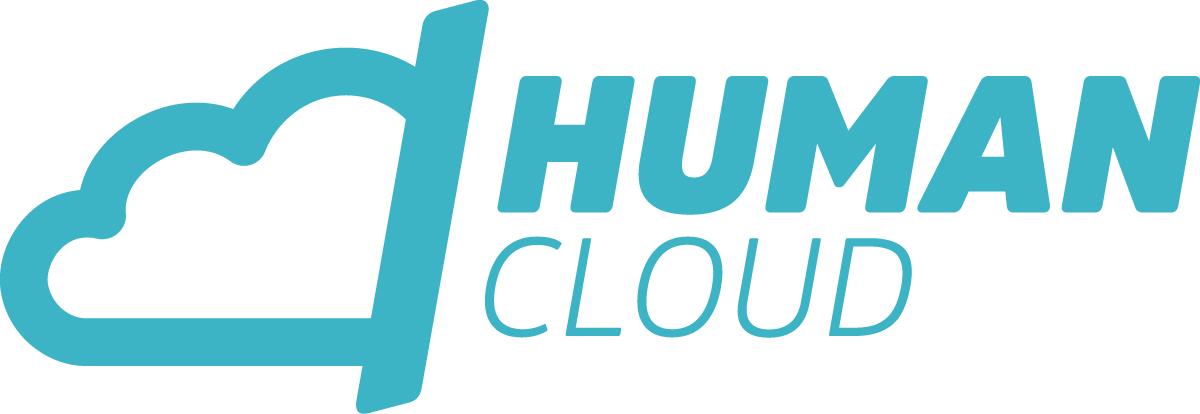
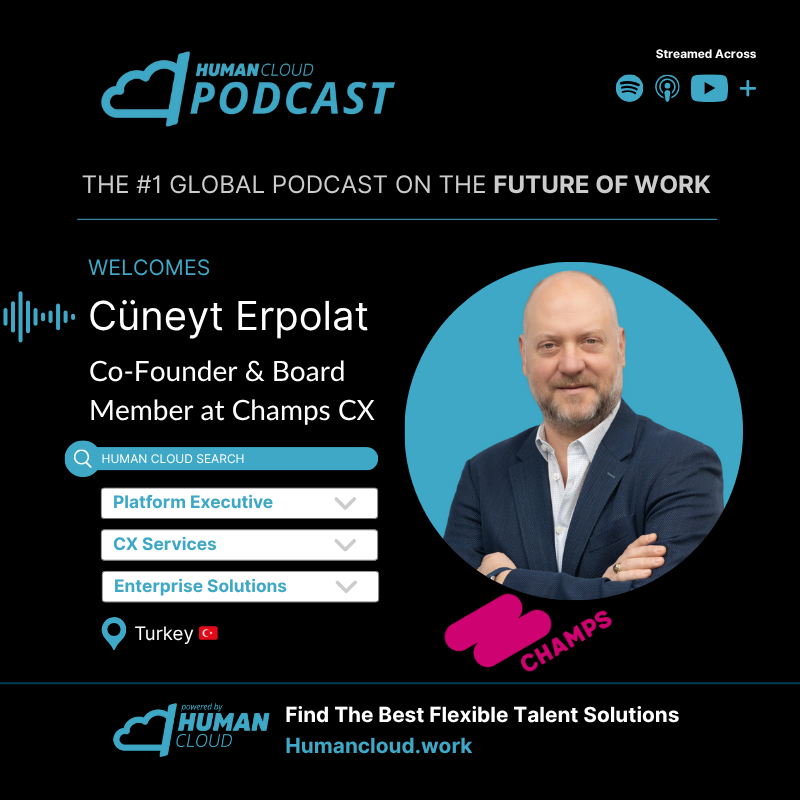
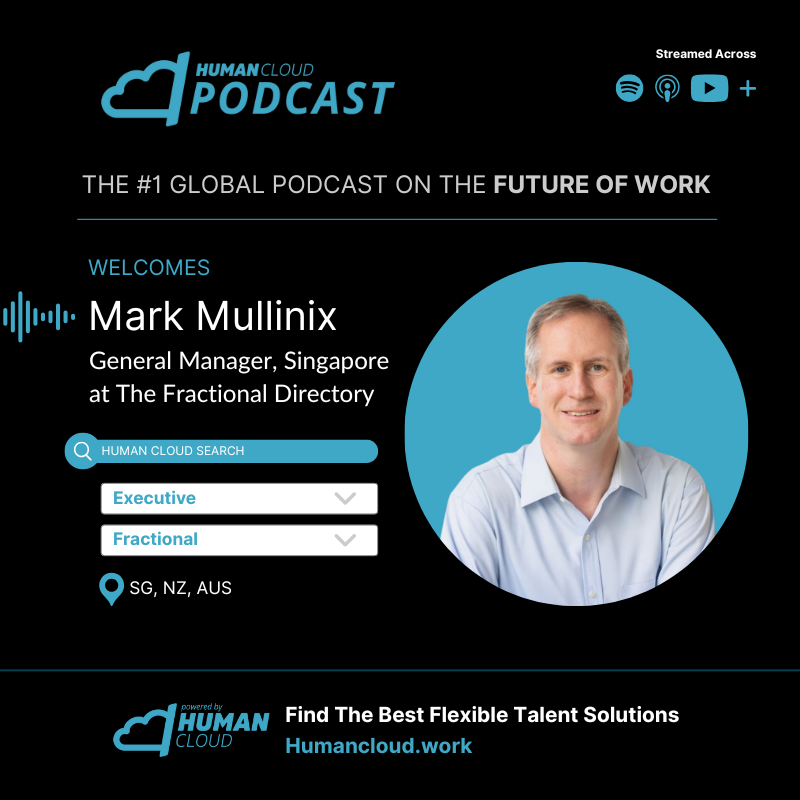
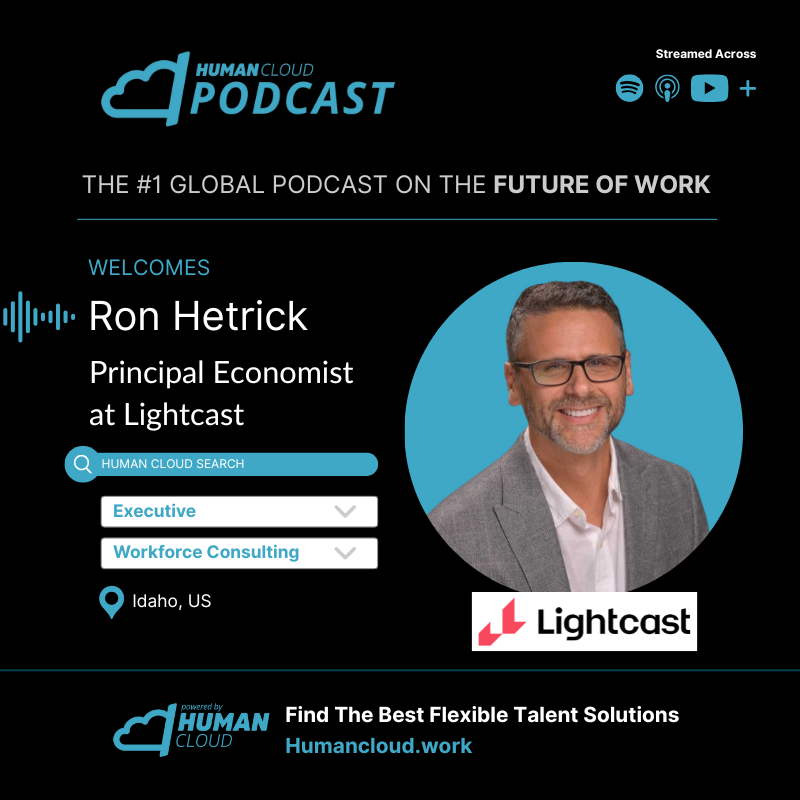
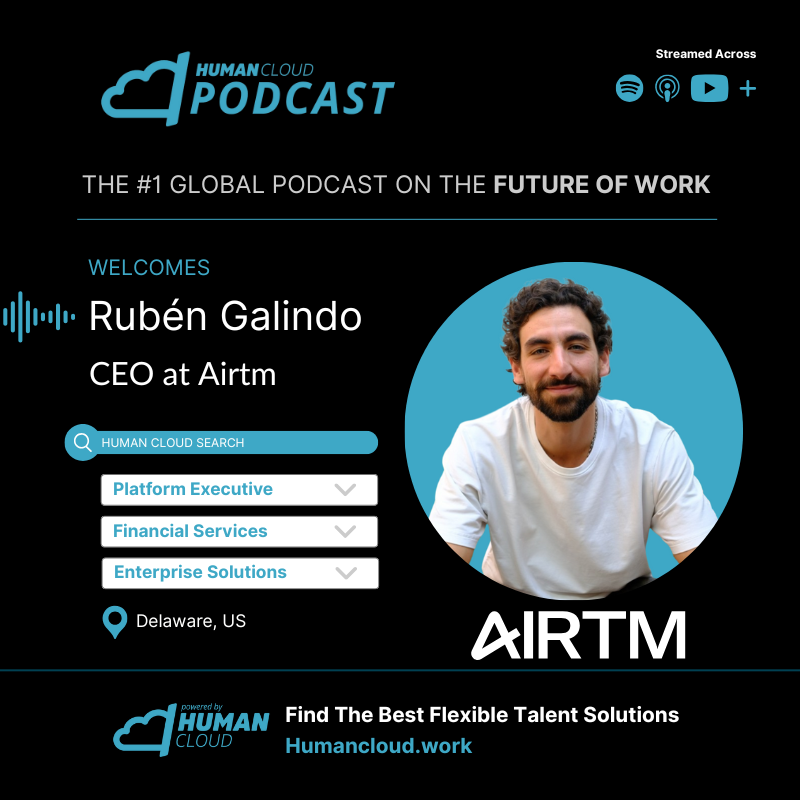
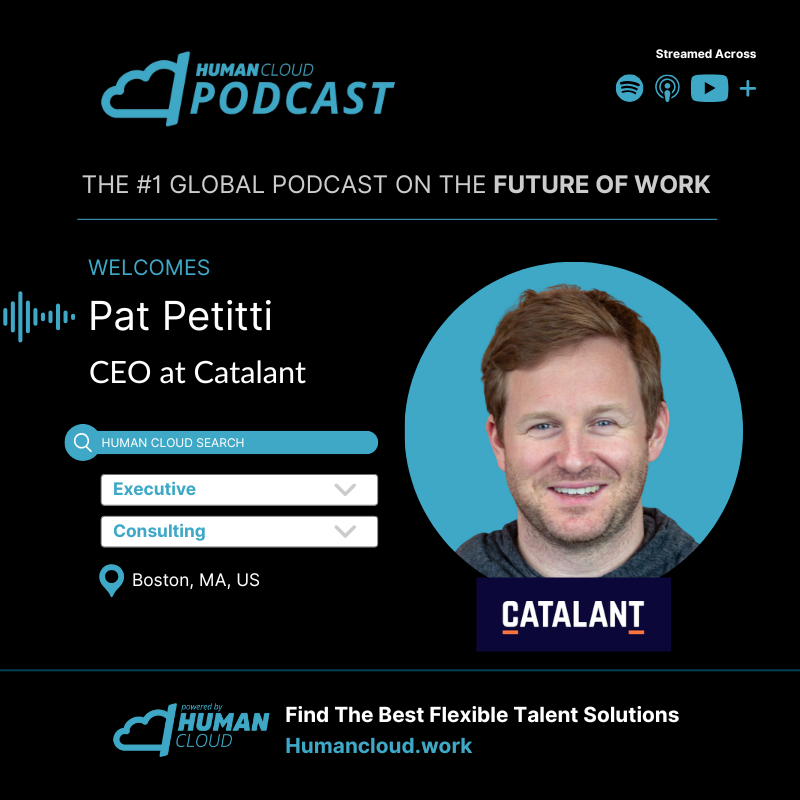
 This is only available to Knowledge Graph subscribers
This is only available to Knowledge Graph subscribers 